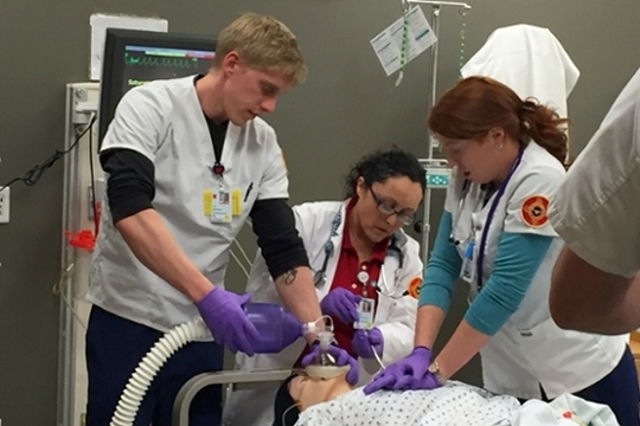
Nursing ETDs
Publication Date
Summer 7-14-2022
Abstract
This study examined the relationships between self-efficacy, participation in prison programs, and perceived ability to live crime free among male prisoners in state-operated New Mexico prisons. Among the 589 study participants, those who reported having received assistance in changing criminal attitudes agreed they would be able to live crime free at a rate 8% higher than those who did not (p = .029). Those who agreed that they are able to accomplish any task (p = .001) or who disagreed with feeling helpless to deal with problems (p = .001) also scored significantly higher in perceived ability to live crime free. This research provides evidence that prison programs focused on changing criminal attitudes and increasing certain types of self efficacy are associated with prisoners feeling more optimistic about being able to live crime free when released from prison.
Degree Name
Nursing
Level of Degree
Doctoral
Department Name
College of Nursing
First Committee Member (Chair)
Stephen Hernandez
Second Committee Member
Barbara Damron
Third Committee Member
Paul Guerin
Fourth Committee Member
Jongwon Lee
Sponsors
Noah Painter Davis
Keywords
prisoners, New Mexico, self-efficacy, prison programs, criminal attitudes, desistance
Language
English
Document Type
Dissertation
Recommended Citation
Ravenscroft, Beret. "RELATIONSHIPS BETWEEN SELF-EFFICACY, PARTICIPATION IN PRISON PROGRAMS, AND PERCEIVED ABILITY TO LIVE CRIME FREE UPON RELEASE FROM PRISON." (2022). https://digitalrepository.unm.edu/nurs_etds/58
